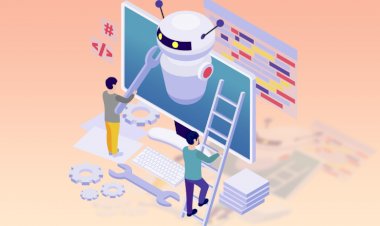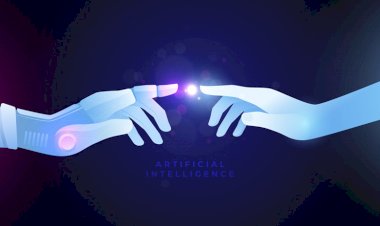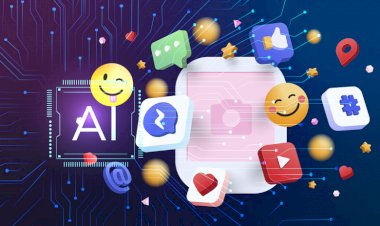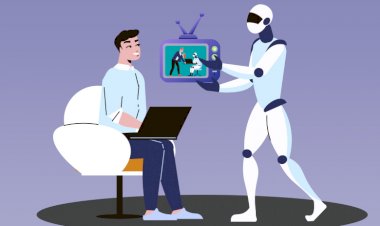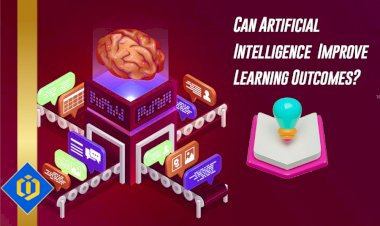Domain of Transportations Is Being Impacted by Artificial Intelligence

Artificial intelligence (AI) and machine learning are revolutionizing the transportation sector in a variety of ways, from enhancing efficiency to improving safety. In this article, we'll examine how machine learning is affecting the transportation industry and what that might imply for the direction of mobility in the future.
Increased Safety.
Safety is one of the main ways that AI is transforming transportation. In order to spot potential dangers and foresee accidents, machine learning algorithms can analyze enormous amounts of data from cameras and sensors.
For instance, autonomous vehicles can use machine learning algorithms to analyze real-time data from sensors and cameras to identify potential obstacles and modify their speed and direction accordingly.
Improved Performance.
The efficiency of transportation can also be improved with AI. In order to find patterns and trends and to improve routes for more rapid and effective travel, machine learning algorithms can analyze data from traffic sensors and GPS.
Additionally, by giving drivers up-to-the-minute traffic updates and automatically rerouting them around clogged areas, AI can aid in easing congestion and enhancing traffic flow.
Enhancing the Passenger Experience.
The passenger experience in transportation can also be enhanced by AI. In order to make personalized recommendations and enhance the overall travel experience, machine learning algorithms can analyze information from passenger behavior and feedback.
AI-powered systems, for instance, can analyze passenger preferences to suggest personalized travel itineraries, offer real-time information about flight delays or cancellations, and even recommend nearby sights to see or restaurants to eat at while a traveler is away from home.
concerns and difficulties.
While AI in transportation has the potential to be useful, there are also issues and challenges that must be resolved. One of the main worries is the possibility of job loss, as AI and automation may replace some positions in the transportation sector.
The potential for cybersecurity risks is another matter of concern, as the application of AI and machine learning to transportation may raise the danger of cyberattacks and data breaches.
Future of transportation and AI.
AI's influence on transportation will only grow as it develops. More advanced machine learning algorithms are anticipated, which will help to increase efficiency, improve safety, and enhance the overall passenger experience.
But it's critical to proceed cautiously with the application of AI in the transportation sector and address any potential issues before they materialize. By doing this, we can make sure that AI is applied to enhance everyone's transportation.
Conclusion.
By enhancing efficiency, enhancing safety, and enhancing the overall passenger experience, AI and machine learning are revolutionizing transportation. But there are also significant ethical and practical issues that should be taken into consideration.
We can make sure AI is used to improve transportation for everyone, making travel safer, more effective, and more enjoyable, by approaching the use of AI in transportation with caution and addressing any potential concerns.
By Pooyan Ghamari, a Swiss economist who is exploring the impact of AI

 content-team
content-team 


